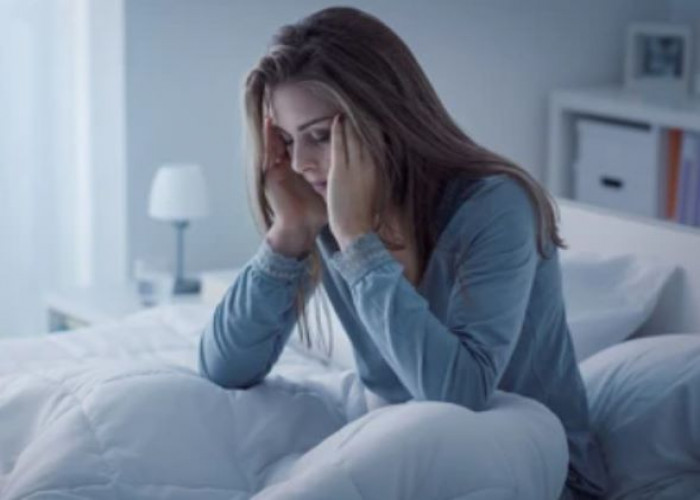 Welcome
Welcome
“May all be happy, may all be healed, may all be at peace and may no one ever suffer."
Anxiety disorders

Anxiety disorders are a group of mental health conditions characterized by excessive and persistent feelings of anxiety, fear, or worry that interfere with daily life. Some common types of anxiety disorders include:
- Generalized anxiety disorder (GAD)
- Panic disorder
- Social anxiety disorder
- Specific phobias
- Obsessive-compulsive disorder (OCD)
- Post-traumatic stress disorder (PTSD)
Symptoms of anxiety disorders can include feelings of restlessness, irritability, muscle tension, sleep disturbances, fatigue, and difficulty concentrating. In some cases, physical symptoms such as rapid heartbeat, sweating, and nausea may also occur.
The exact cause of anxiety disorders is not known, but a combination of genetic, environmental, and psychological factors may play a role.
Treatment for anxiety disorders typically involves a combination of therapy and medication. Cognitive behavioral therapy (CBT) is a type of therapy that has been shown to be effective in reducing anxiety symptoms by helping individuals identify and change negative thought patterns. Medications such as antidepressants, beta-blockers, and benzodiazepines can also be effective in reducing symptoms.
If you are experiencing symptoms of an anxiety disorder, it's important to seek help from a mental health professional. With the right treatment, many people with anxiety disorders are able to reduce their symptoms and improve their quality of life.
Research Papers
Disease Signs and Symptoms
- Nervous weakness
- Having difficulty controlling worry
- Experiencing gastrointestinal (GI) problems
- Trouble concentrating or thinking about anything other than the present worry
- Having a sense of impending danger, panic or doom
- Trouble sleep (insomnia)
- Weakness
- Leg tremble
- Rapid breathing
- Rapid heartbeat (tachycardia)
- Excessive sweat
- Anxiety
Disease Causes
Anxiety disorders
The causes of anxiety disorders aren't fully understood. Life experiences such as traumatic events appear to trigger anxiety disorders in people who are already prone to anxiety. Inherited traits also can be a factor.
Medical causes
For some people, anxiety may be linked to an underlying health issue. In some cases, anxiety signs and symptoms are the first indicators of a medical illness. If your doctor suspects your anxiety may have a medical cause, he or she may order tests to look for signs of a problem.
Examples of medical problems that can be linked to anxiety include:
- Heart disease
- Diabetes
- Thyroid problems, such as hyperthyroidism
- Respiratory disorders, such as chronic obstructive pulmonary disease (COPD) and asthma
- Drug misuse or withdrawal
- Withdrawal from alcohol, anti-anxiety medications (benzodiazepines) or other medications
- Chronic pain or irritable bowel syndrome
- Rare tumors that produce certain fight-or-flight hormones
Sometimes anxiety can be a side effect of certain medications.
It's possible that your anxiety may be due to an underlying medical condition if:
- You don't have any blood relatives (such as a parent or sibling) with an anxiety disorder
- You didn't have an anxiety disorder as a child
- You don't avoid certain things or situations because of anxiety
- You have a sudden occurrence of anxiety that seems unrelated to life events and you didn't have a previous history of anxiety
Disease Prevents
Anxiety disorders
There's no way to predict for certain what will cause someone to develop an anxiety disorder, but you can take steps to reduce the impact of symptoms if you're anxious:
- Get help early. Anxiety, like many other mental health conditions, can be harder to treat if you wait.
- Stay active. Participate in activities that you enjoy and that make you feel good about yourself. Enjoy social interaction and caring relationships, which can lessen your worries.
- Avoid alcohol or drug use. Alcohol and drug use can cause or worsen anxiety. If you're addicted to any of these substances, quitting can make you anxious. If you can't quit on your own, see your doctor or find a support group to help you.
Disease Treatments
The two main treatments for anxiety disorders are psychotherapy and medications. You may benefit most from a combination of the two. It may take some trial and error to discover which treatments work best for you.
Psychotherapy
Also known as talk therapy or psychological counseling, psychotherapy involves working with a therapist to reduce your anxiety symptoms. It can be an effective treatment for anxiety.
Cognitive behavioral therapy (CBT) is the most effective form of psychotherapy for anxiety disorders. Generally a short-term treatment, CBT focuses on teaching you specific skills to improve your symptoms and gradually return to the activities you've avoided because of anxiety.
CBT includes exposure therapy, in which you gradually encounter the object or situation that triggers your anxiety so you build confidence that you can manage the situation and anxiety symptoms.
Medications
Several types of medications are used to help relieve symptoms, depending on the type of anxiety disorder you have and whether you also have other mental or physical health issues. For example:
- Certain antidepressants are also used to treat anxiety disorders.
- An anti-anxiety medication called buspirone may be prescribed.
- In limited circumstances, your doctor may prescribe other types of medications, such as sedatives, also called benzodiazepines, or beta blockers. These medications are for short-term relief of anxiety symptoms and are not intended to be used long term.
Talk with your doctor about benefits, risks and possible side effects of medications.
Disease Diagnoses
Disease Allopathic Generics
-
Phenobarbital
The patient should be told that he has no disease. Avoid bad thoughts and do your own work. For patient concerns. 1 pill 3 times a day.
-
Diazepam
Drugs containing diazepam in severe and chronic anxiety, mental restlessness, insomnia with anxiety or physical restlessness.
1 pill 3 times a day for 3 weeks. The dosage should be determined by monitoring the patient's condition. If this medicine is used for a long time, the patient becomes addicted to this medicine.
-
Propranolol Hydrochloride
Medicines containing propanol for headache, heart palpitations, pounding chest, physical and mental restlessness, mild fear etc.
1/2 pill 3 times a day. 2 times a day when heart rate decreases.
-
Amitriptyline Hydrochloride + Chlordiazepoxide
Medicines containing chlordiazexide in severe and chronic anxiety/anxiety.
1 pill 3 times a day. The dosage can be further increased according to the condition of the patient. Maximum 40mg/10mg daily in divided doses.
-
Bromazepam
Bramazepam is a drug for emotional disturbances, anxiety, depression, anxious, mood swings, nervous tension.
1 pill 3 times a day.
-
Clobazam
Medicines containing clobazam for anxiety, stress, restlessness, agitation and sleep difficulties.
1 pill 3 times a day. Maximum dose: 60mg in divided doses.
-
Lorazepam
Medicines containing lorazepam for anxiety, insomnia, restlessness, or restlessness.
1mg+1mg+2mg / 2mg+2mg+2mg.
-
Trifluoperazine
Medicines containing triflupyrazine to reduce anxiety, suspicion and anxiety.
1 pill 2/3 times a day in low dose.
-
Procyclidine Hydrochloride
Triflupyrazine and thioridazine containing drugs are used together with procyclidine containing drugs.
1/2, 1 pill 2 times a day.
-
Flupentixol
Flupenthixol and melitracin combination drugs when anxiety, depression and depression coexist.
1+0+0.
-
Flupentixol + Melitracen
Flupenthixol and melitracin combination drugs when anxiety, depression and depression coexist.
1+0+0.
-
Amitriptyline Hydrochloride
Amitriptyline is a drug for depression.
1 pill 3 times a day, after a few days the night dose should be 50mg or more. Doses should be increased gradually. Maximum dose is 255mg (3 pills 3 times a day). Then gradually reduce the dose.
-
Vitamin B complex
for weakness. Consume 1 capsule 2 times daily.
-
Nitrazepam
1 pill daily at night.
Disease Ayurvedic Generics
Disease Homeopathic Generics
Disease yoga
Anxiety disorders and Learn More about Diseases

Fibroadenoma
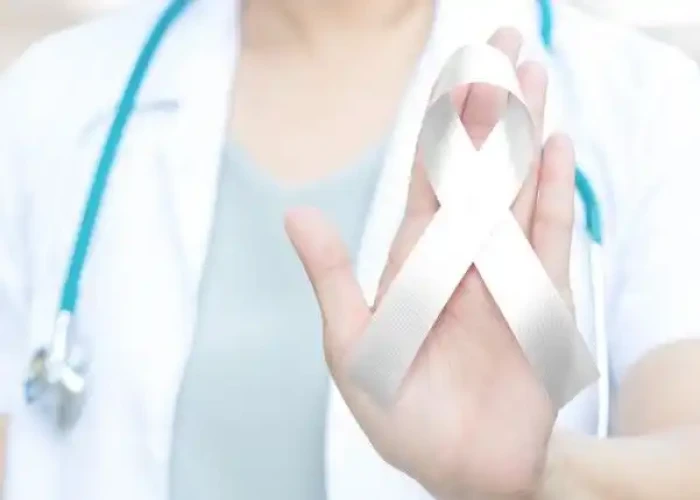
Waldenstrom macroglobulinemia
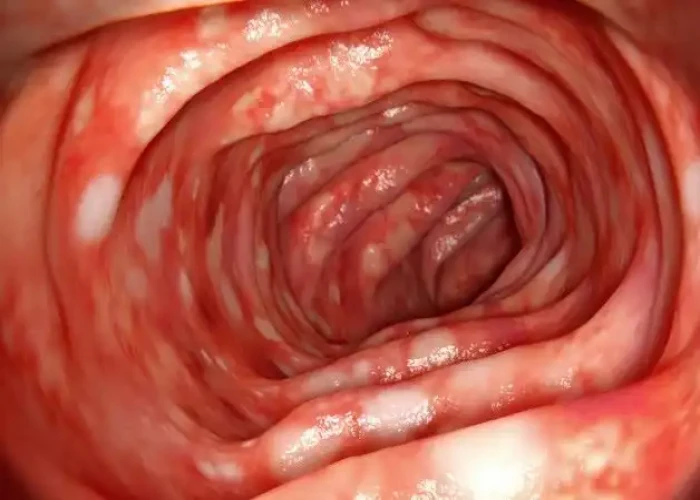
Ulcerative colitis

Broken collarbone

Cerebral palsy
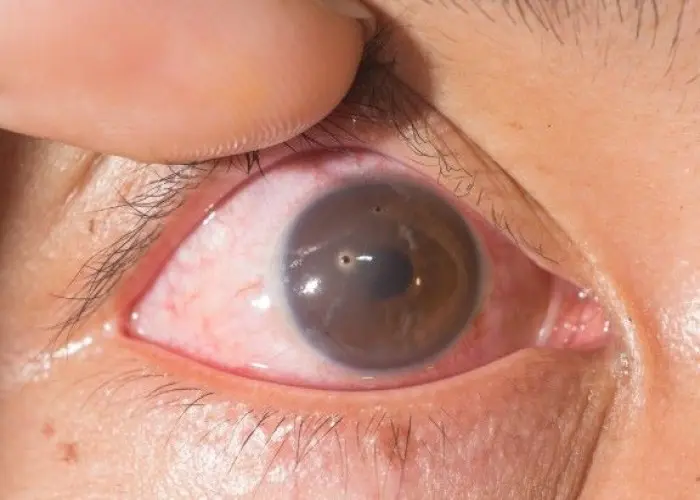
Foreign Body in eye
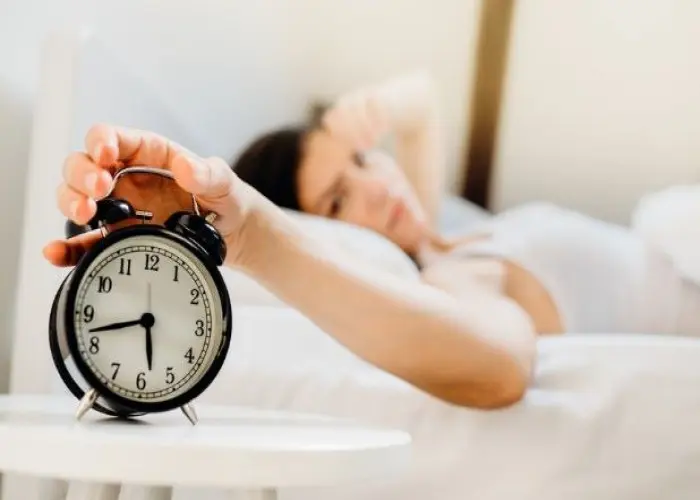
Delayed sleep phase
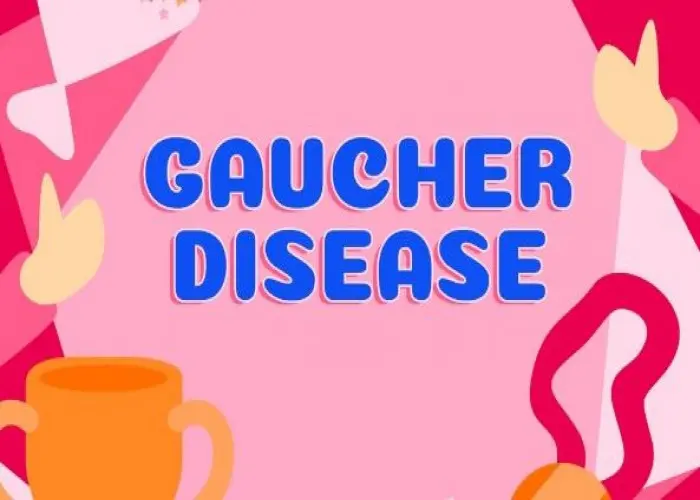
Gaucher disease
Anxiety disorders, OCD, Panic attack, GAD, Phobia, উদ্বেগ রোগ
To be happy, beautiful, healthy, wealthy, hale and long-lived stay with DM3S.
